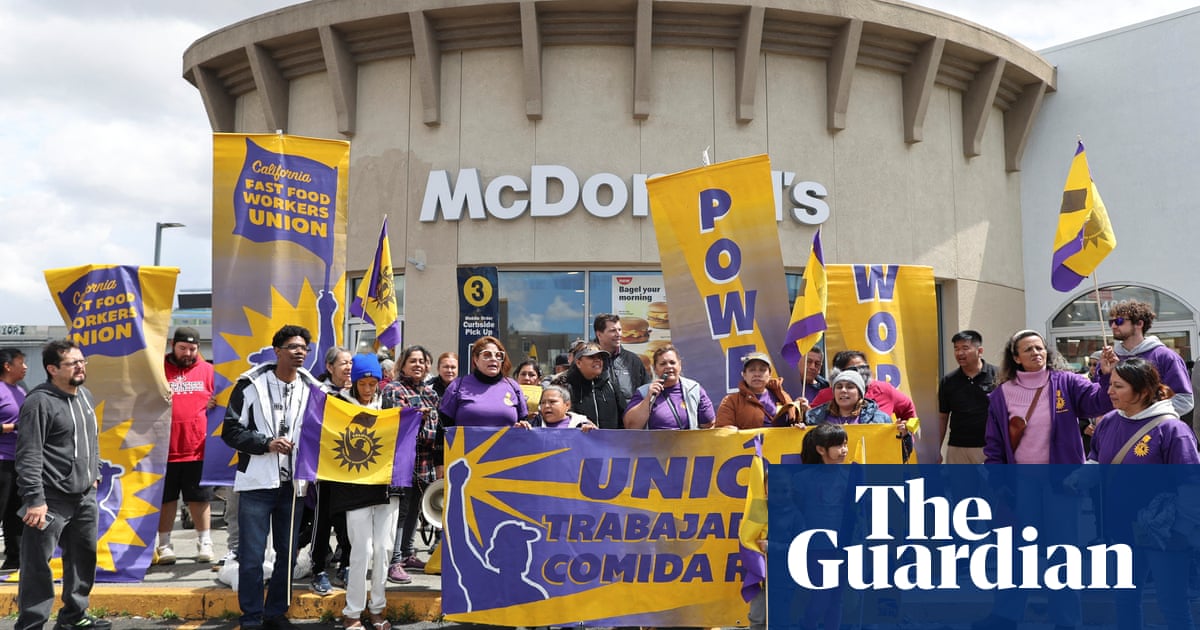- cross-posted to:
- [email protected]
- cross-posted to:
- [email protected]
Business groups claim hard-fought $20 hourly wage victory will cause reduced hours, layoffs and price hikes – critics say otherwise
As fast-food workers celebrated a pivotal wage increase to $20 an hour in California last week, an old economic debate was awakened by business groups and others claiming the increase will wind up hurting workers through reduced hours and layoffs, hurt customers with price hikes, and harm the franchise owners of fast food restaurants.
Their critics are not so sure.
The hard-fought wage increase to $20 an hour from California’s current minimum wage, $16 an hour, was a compromise to initial demands of $22 an hour with annual wage increases. Representatives of fast-food workers and the fast food industry came to a deal to avoid what would have been a costly ballot initiative over the passage and signing of the California fast food sector bill last year.
“Frontline workers like me organized, went on strike, and fought to pass a historic law that raises our wages and gives us a seat at table with some of the biggest fast food corporations in the world,” said Anjelica Hernandez, a McDonald’s worker in Los Angeles for nearly 20 years. “Even though we are the engine of a billion-dollar industry, too many of us struggle to keep with rent, our bills and the rising cost of living.”



"Our merchants and masters complain much of the bad effects of high wages in raising the price and lessening the sale of goods. They say nothing concerning the bad effects of high profits. They are silent with regard to the pernicious effects of their own gains. They complain only of those of other people.”
― Adam Smith, An Inquiry into the Nature and Causes of the Wealth of Nations